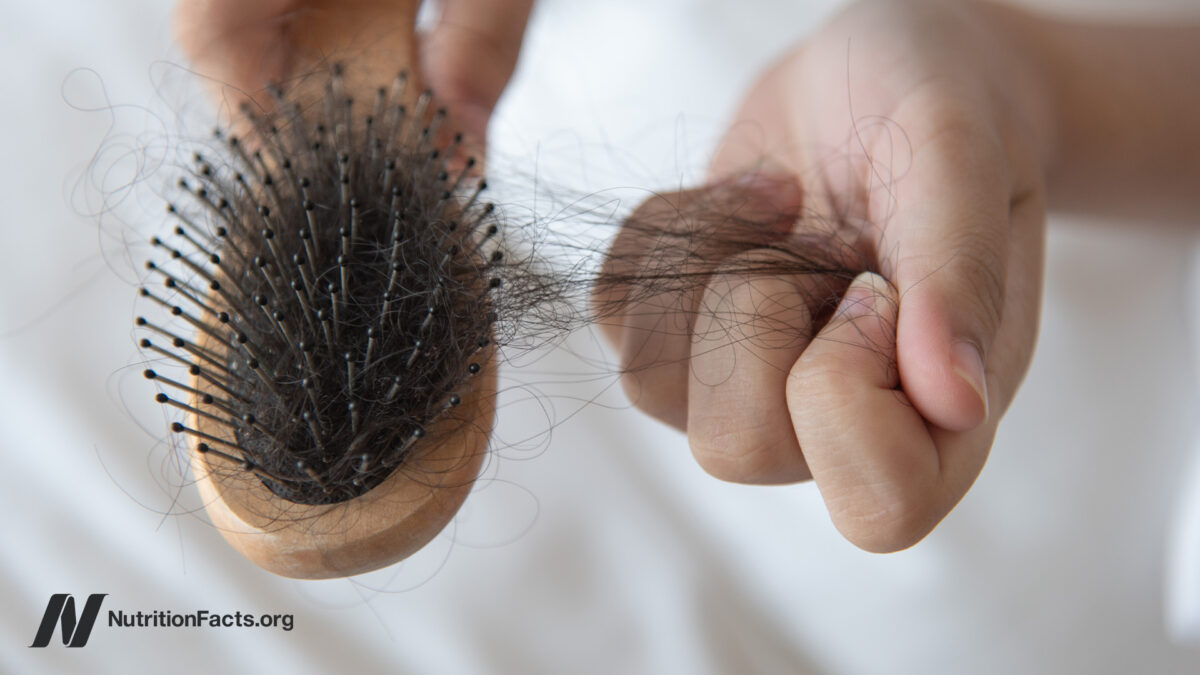10 Tips To Combat Inflammation, Mood Swings & Weight Gain For Women 40+
A sports scientist and nutritionist explains.


Sports Scientist
Sports Scientist
Barbara Birke is a Sports Scientist, board-certified Holistic Nutritionist and Mindfulness Coach, and owner of Optimum You. Her coaching and courses are focused on building and sustaining targeted movement, nutrition, and self-care habits that support women to feel powerful and balanced through perimenopause, menopause and beyond.
Image by BONNINSTUDIO / Stocksy May 9, 2023 Our editors have independently chosen the products listed on this page. If you purchase something mentioned in this article, we may What triggers weight gain around your belly, messes with your energy levels, leaves your mood extremely volatile, contributes to chronic inflammation, and basically turns you into a hot mess? Yes—hormonal shifts and imbalances during perimenopause and menopause can do all of these things. While it is normal and healthy for your blood sugar to go up and down gently throughout the day, it becomes an issue when these fluctuations are too great and too frequent1. This roller coaster not only makes you feel terrible at the moment, but it can also contribute to chronic conditions and insulin resistance1 and put you on the fast track for Type 2 diabetes.
Advertisement
This ad is displayed using third party content and we do not control its accessibility features.
Women are at higher risk of these issues during the perimenopause and menopause transition2—a reason to be extra vigilant about keeping blood sugar balanced during this time. While unregulated blood sugar and the resulting insulin peaks contribute to hormonal chaos3, well-managed blood sugar helps keep you satiated, happy, and energized through menopause and beyond. Here, I'm sharing a few ways that women 40+ can keep blood sugar under control through pillars of nutrition, movement, and self-care.Nutrition
Food has a direct impact on how extreme your blood sugar response will be. Some foundational strategies for blood-sugar-friendly nutrition for women 40+ include:
Overall, it is a good idea for women to reduce their intake of simple carbohydrates (meaning sugar, white flour, and processed foods) and focus on complex carbohydrates4 (starchy veggies and fibrous foods) through perimenopause.
Note: I am not recommending a low-carb diet for women over 40 for many reasons, especially if you are active (which I hope you are!). While everyone is different, a more medium-carb approach tends to work for most people.
RELATED READ: The 12 Best Fiber Supplements For Gut Health & Regularity*
Advertisement
This ad is displayed using third party content and we do not control its accessibility features.
Do your best to consider the macronutrient ratio5 of every meal and every snack you consume: Aim to get lots of colors, a good amount of protein, a small number of complex carbs, and a little bit of healthy fat on each plate in order to slow down your blood sugar response.
Consuming vegetables6 and protein plus fat first7, then the carbohydrate part of your meal last, can slow your response down even further. I am not suggesting deconstructing sandwiches and burgers before eating unless you are metabolically unhealthy—this is just interesting to know! If you choose to eat sweets, for example, the blood sugar response will be much more favorable if you eat them as dessert after a balanced meal than if you eat them by themselves.
3.
Keep meals smaller and prioritize breakfast.
It has been shown that8 when we are metabolically healthy, our blood sugar regulation works smoothly for small meals. However, the bigger the meal gets, the harder it is to keep regulation flawless. For this reason, I recommend eating smaller meals throughout the day—starting with a healthy balanced breakfast. (Check out my Optimum You Breakfast Challenge for ideas on how to design your breakfast to set yourself up for a full day with better blood sugar control9.)
Advertisement
This ad is displayed using third party content and we do not control its accessibility features.
4.
Take breaks between meals.
For blood sugar regulation, ideally, you will stick to three meals with healthy snacks in between. Aim to keep meals and snacks spread apart10: Grazing all day is taxing for your blood sugar, your digestion, and your overall metabolism. Try to eat your dinner two to three hours before bedtime, too, for better blood sugar response11 and better sleep.
5.
Look for healthy upgrades.
If you're struggling to balance out your meals for blood sugar, here are some of my favorite tips and healthy swaps to help:
Advertisement
This ad is displayed using third party content and we do not control its accessibility features.
Movement
1.
Move your body every day.
Movement teaches your body how to properly and healthily metabolize energy, meaning it helps your metabolism works as it should. Regular exercise14 also leads to a better-functioning blood sugar response and higher insulin sensitivity.15
The positive impact of exercise on blood sugar control can counter many negative impacts of perimenopause, like loss of sleep16. Our metabolism is set up to provide energy for movement. So do your best to get moving every day in a way that feels good to you—both cardio and strength training play an important role here.
Advertisement
This ad is displayed using third party content and we do not control its accessibility features.
Self-care
Finally, taking the time to rest and recover can help ensure a healthy blood sugar response. Here's how to practice self-care during perimenopause:
1.
"Run away from the tiger" by moving when you're stressed.
When you are stressed, your body releases hormones that make you insulin resistant, keeping your blood sugar high. This makes sense when you consider that the purpose of these hormones is to make sure you have enough energy to run away from the stressor (e.g., a tiger).
Since we are usually not running away from anything when we are stressed, stress hormones, blood sugar, and insulin stay high, contributing to high blood pressure and chronic inflammation. This means that movement of any kind is medicine when you're stressed. It can help lower your elevated blood sugar and guide you out of your stress state18.
2.
Work relaxation into your day.
The takeaway
You can't prevent your hormones from shifting, and that is OK, but you can support your body to get through those shifts and set yourself up for an empowered and balanced (peri-)menopause experience. Keeping your blood sugar balanced is one key strategy for making this happen.

 Konoly
Konoly 

































